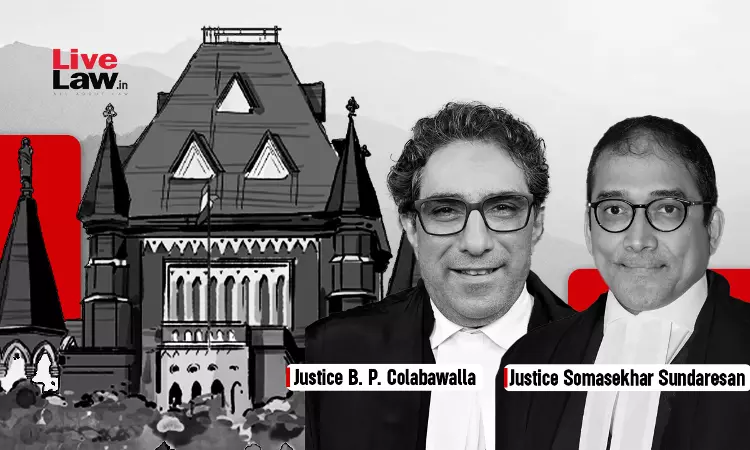NCLT Has Jurisdiction To Direct ED To Release Attached Properties Of Corporate Debtor: Bombay High Court
Amisha Shrivastava
5 March 2024 4:42 PM IST

Next Story
5 March 2024 4:42 PM IST
The Bombay High Court held recently that the NCLT has the jurisdiction to direct the Enforcement Directorate (ED) to release attached properties of a corporate debtor once the resolution plan has been approved and immunity from prosecution is triggered under Section 32A of IBC, 2016.A division bench of Justice BP Colabawalla and Justice Somasekhar Sundaresan upheld an NCLT order directing the...
